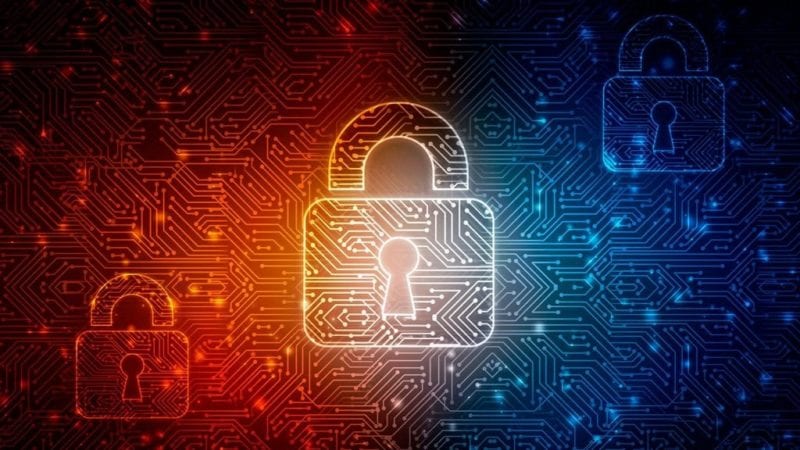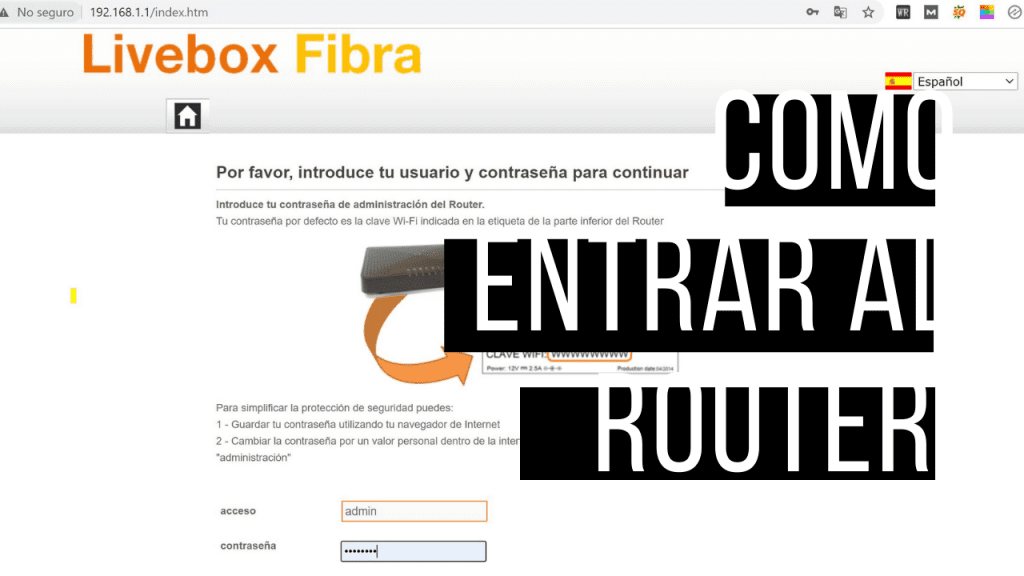Thanks to the Internet today we can make remote jobs, creating the opportunity to work from anywhere, including in other countries. This, in fact, is a reality that is undeniable and opens the doors to a new form of employability through software and tools that encourage digital participation, such as Teamviewer, Google Meet, Zoom, Skype, among others.
For many, it is a safe way to do their activities because they don't leave the comfort of their home. However, the computers and information used for these tasks can be compromised by other threats when using unknown Wi-Fi networks and unsafe web pages.
It must be taken into account that when teleworking from home we are more exposed than companies, since the latter use special software to have greater protection than conventional programs that can be used at home.
Therefore, these are 4 tips that should be taken into account to improve the cybersecurity level for remote work:
Verification of web pages
One of the most important steps is the correct filtering of websites. This step is used to remove or avoid unsafe pages or pages of unknown origin that may be harmful to your computer.
Safe pages will follow Google criteria, such as:
- Have an SSL certificate.
- Keep privacy policies in the eyes of users.
- Ask if Internet users want to share their data.
- Contact methods available 24/7.
There are many other criteria, but initially, they would be the most important. Before working online or remotely, you must be using secure connections and websites that are not invasive or malicious. In fact, the Using an encrypted connection with VPN It is one of the ways in which browsing information can be hidden and prevent third parties from taking possession of the data.
Sign out when job is complete
This step is the one most ignored by most workers because it is believed that there is no risk.
Not closing a session when finishing an activity leaves important information about the company or people exposed.
Example: when you enter the bank and finish verifying movements or a transaction is made, you must verify that the session has closed correctly to avoid hacking the account.
The same thing happens with the company. By leaving the session started after finishing working hours, all company information is exposed.
Be careful with downloaded documents or programs
Although we usually work with secure networks or means to encrypt information, these mechanisms can have difficulties and be violated.
A very common mistake that can be noticed by users who are inexperienced in cybersecurity is downloading documents and programs that are not previously analyzed by antivirus or antimalware software.
These can be found inside emails, most using the phishing strategy, as well as inside compressed files.
The best thing to do is to avoid downloading these files, and in case it is unavoidable, it is mandatory to verify the origin before doing anything else.
When you are doing remote work, you should pay attention to the company's recommendations before starting to work on any software that contains sensitive information.
These guidelines tell staff how to correctly carry out their work using methodologies that do not compromise the content or the computer.
In addition to that, all the precautions that can be taken in particular, such as not entering unknown websites, will help the level of cybersecurity increase.

Expert in SEO/SEM and communication on social networks.
CEO at tecnologia.net and passionate about everything related to technological progress






